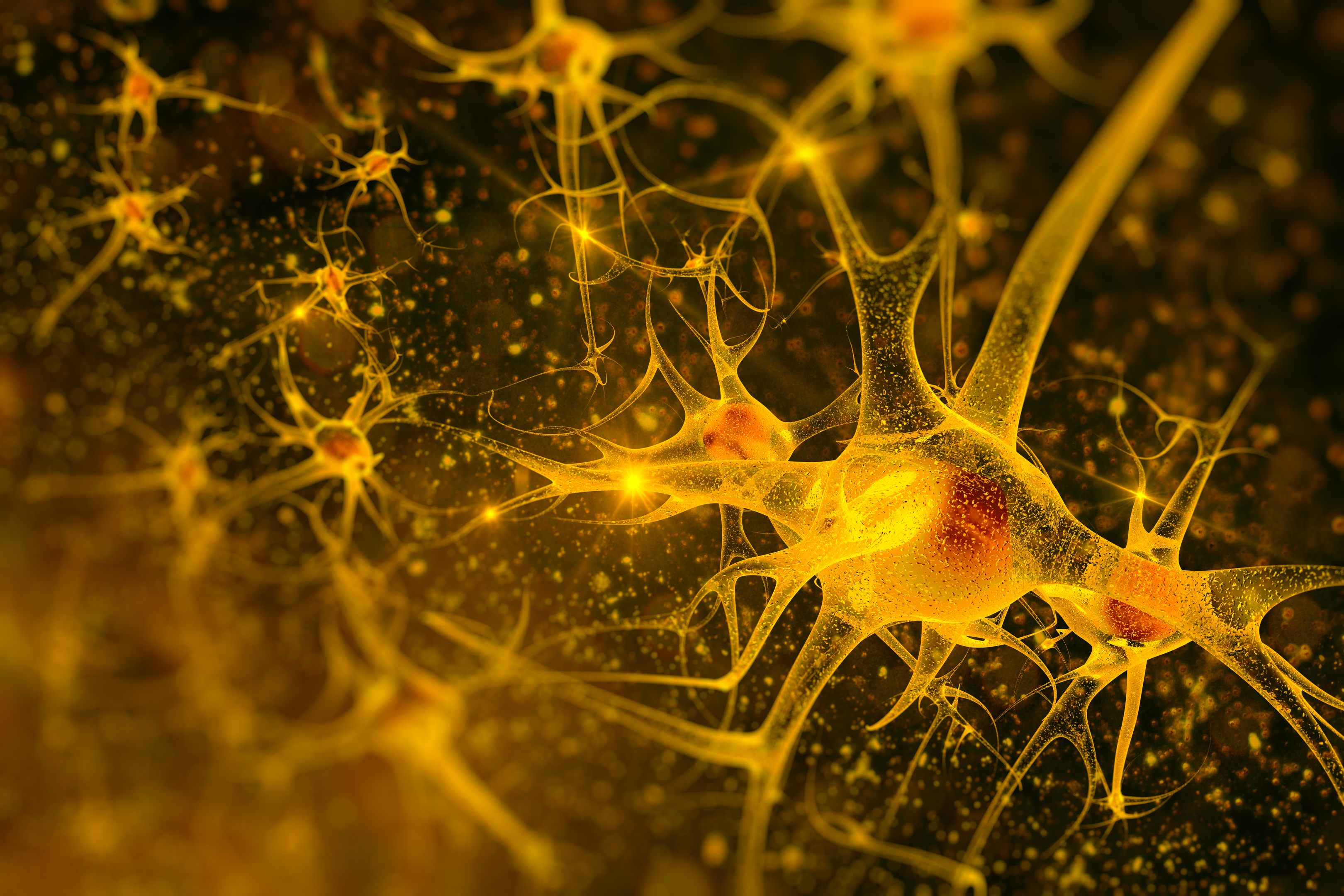
GUT instinct may be as vital to survival as having a big brain, new research suggests.
Basing life or death decisions on hunger memories is almost as effective as thinking up intelligent solutions, the study shows.
Scientists used computer modelling to predict how animals could best enhance their survival when faced with food shortages and predators.
They found that hunger responses allowed a less intelligent animal to survive nearly as long as one with a big brain.
Lead researcher Dr Andrew Higginson, from the University of Exeter, said: “Many of us sometimes get ‘hangry’, when hunger makes us emotional and changes our behaviour.
“Our model explains why there is a link between our gut and our decisions: hunger can act as a memory telling us there’s not been much food around, which it’s important to respond to in the wild.
“The usefulness of such memory means that animals, including humans, may appear to be processing a great deal of information in the brain when in fact they are just following their gut.”
At the heart of the study is the idea that an animal’s body condition tells it how successful it has been in the past.
This can act as a useful guide to how it should behave in the future.
Such a simple form of physiological memory may have allowed many species to avoid evolving large brains, which require a lot of energy.
Co-author Professor John McNamara, from the University of Bristol, said: “If it costs a lot of resources to be so clever, then natural selection will have found a cheaper way to make decisions.”
Physiological memory may be closely tied to emotions, the team believes.
It may explain why it can take so long to calm down after feeling threatened.
Remembering the feeling of threat keeps the body ready to fight or flee should the danger return.
Humans and other animals may even have emotions partly because emotional “memory” is so useful for survival, say the scientists.
The study, reported in the journal Proceedings of the Royal Society B, is said to have implications for conservation.
“By using their body condition as a cue, the animals in our model can still perform well when the environmental conditions change suddenly,” said Dr Higginson.
“This suggests that some species might be able to cope with the effects of climate change better than expected.”

Enjoy the convenience of having The Sunday Post delivered as a digital ePaper straight to your smartphone, tablet or computer.
Subscribe for only £5.49 a month and enjoy all the benefits of the printed paper as a digital replica.
Subscribe